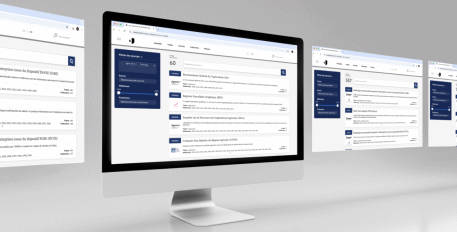The possibility of making more extensive use of the very rich resources represented by large administrative databases and private sources has been a constant concern for official statistics and researchers alike for several years now.
The use of administrative sources, which largely underpinned official statistics in the so-called register countries, is now developing everywhere, offering matching possibilities that facilitate multi-domain work.
The pandemic has also demonstrated the value of using private sources such as mobile operator data. The amendment to statistical regulation (EC) no. 223/09, adopted by the European Council on November 4 and now published, marks a major step forward in this area.
Since 2009, the regulation governing the production and dissemination of European statistics has provided a sustainable framework for statistical access to administrative data and sources held by companies.
A noteworthy point, which was not taken for granted during the initial discussions, is that confidential private data sources, once mobilized by official statistics, may also be the subject of a request to national institutes or Eurostat (with the agreement of the national institute or other national authority/NAO concerned) for use in research.
The ESAC (European Statistical Advisory Committee) had repeatedly called for this in its strong support for changes to the regulation.
Article 23 also broadens the scope of research, an important signal of the importance attached to relations with researchers.
This development for the European statistical system, coordinated by Eurostat, bodes well for supporting similar developments in the Member States.






